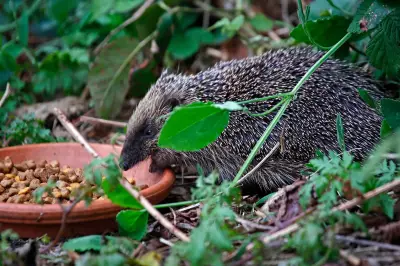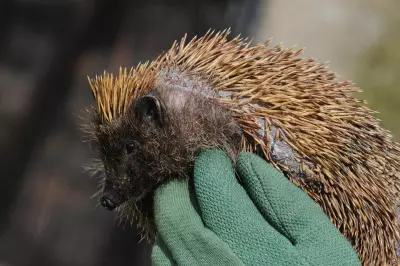
Renowned primatologist and conservationist Jane Goodall has teamed up with actress and activist Rose McGowan to denounce Brazil’s controversial decision to legalise the hunting and export of jaguars. The move, which has been met with fierce backlash from environmentalists, could have devastating consequences for the already vulnerable species.
Global Outrage Over Jaguar Trade
The Brazilian government’s decision to permit the commercial trade of jaguar parts, including skins and teeth, has sparked international condemnation. Critics argue that the policy undermines decades of conservation efforts and could push the species closer to extinction.
Goodall, a UN Messenger of Peace, described the move as "a tragic step backwards" for wildlife protection. "Jaguars are already under immense pressure from habitat loss and poaching," she said. "This decision only incentivises further exploitation."
Celebrity Backing for Conservation
Rose McGowan, known for her outspoken activism, echoed Goodall’s concerns, calling the policy "barbaric and short-sighted." The actress took to social media to urge her followers to pressure Brazilian authorities to reverse the decision.
The duo’s campaign has gained traction online, with thousands joining petitions and protests. Environmental groups warn that the legal trade could also fuel illegal poaching, making it harder to distinguish between legally and illegally sourced jaguar products.
Broader Implications for Wildlife
Experts fear that Brazil’s decision could set a dangerous precedent for other countries considering similar measures. "If Brazil gets away with this, other nations may follow suit," warned a spokesperson for the World Wildlife Fund.
The controversy comes amid growing concerns over biodiversity loss in South America, where deforestation and industrial expansion continue to threaten countless species. Campaigners are now calling for stronger international regulations to prevent further exploitation of endangered wildlife.






